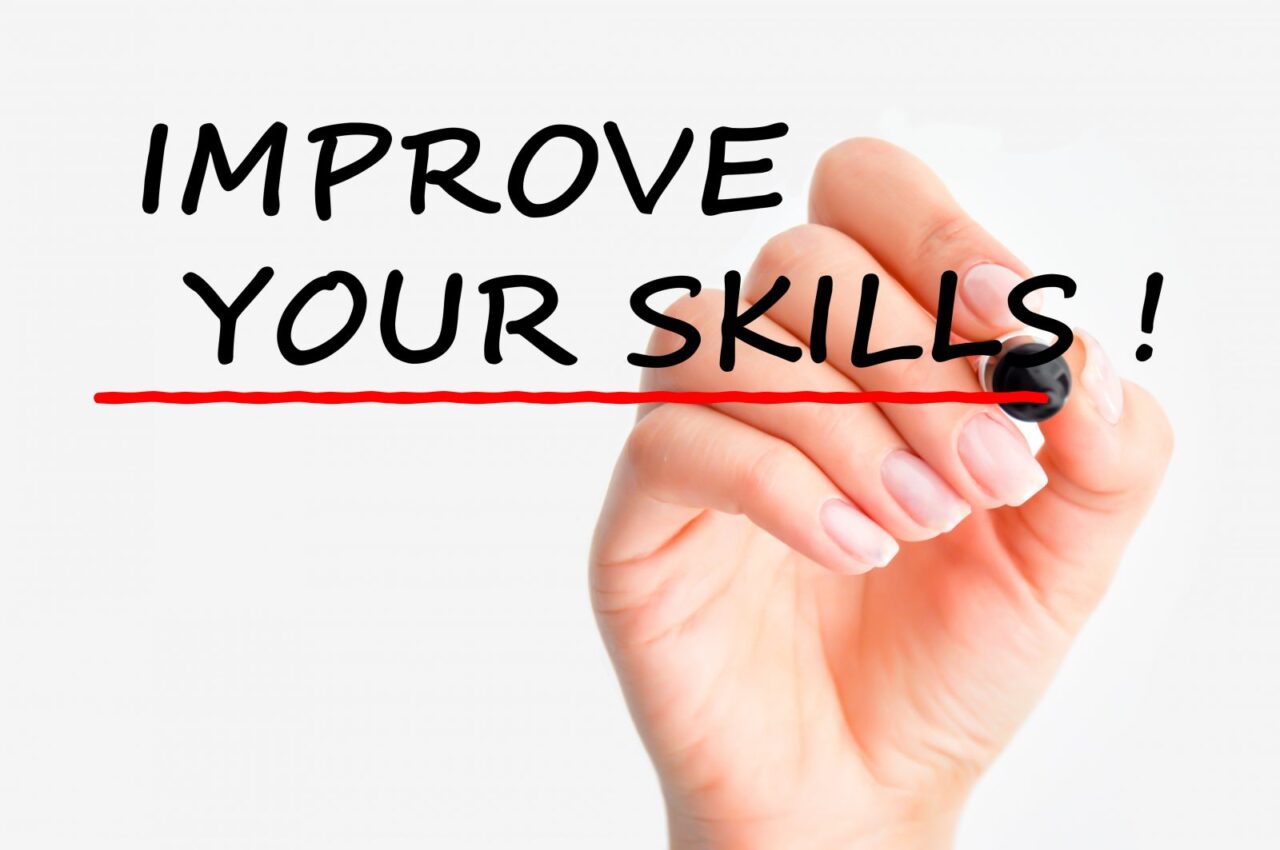How to Improve Your Skills
In the rapidly changing world of today, possessing a strong and varied set of skills is the secret to professional achievement and personal fulfillment. Let’s talk about what skills are, why they are important, and How to Improve Your Skills, and enhance them.

What Is a Skill?
Skill is the ability either gained by experience or born naturally to perform something well and consistently. It’s what allows you to produce a certain outcome with some level of proficiency that can typically be measured. Skills allow you to do things that are mundane, from high-level activity as a career person like writing computer code to extremely niche tasks like cooking.
Categories of Skills
Skills come in many different forms and can broadly be grouped into several categories:
1. Hard Skills
Hard skills are technical skills directly applied to a job or activity. They might comprise such as:
-
Computer programming and data analysis
-
Operating machinery
-
Accounting
These hard skills are typically obtained through formal schooling, specialized training, or work training. Because they are hands-on and measurable, hard skills can generally be tested and quantified.
2. Soft Skills
Soft skills or power or people skills are the people and interpersonal skills which help you communicate effectively with other people. They include:
-
Communication and teamwork
-
Problem-solving and critical thinking
-
Leadership and emotional intelligence
These are skills that help you understand social situations and can help you build rapport in professional and personal life.
3. Life Skills
Life skills are daily skills which help you solve daily and day-to-day problems with confidence. These include:
-
Decision-making and logical reasoning
-
Time management and money management
-
Coping with stress and adapting to change
Mastering life skills not only improves your on-the-job performance but also increases your quality of life and personal growth overall.
4. Specialized and Transferable Skills
Most skills are somewhere between highly technical and highly transferable:
-
Specialized Skills: These are focused on a particular area or industry—for example, the clinical skills a doctor develops over years of training.
-
Transferable Skills: These are general abilities, such as communication, adaptability, or leadership, that are valuable in almost any professional setting.
Transferable skills are most likely transferable between jobs and industries, and thus they are most useful for career transition and overall employability.
Why Do We Need Skills?
Increasing Employability
Having a good mix of hard, soft, and life skills makes you more attractive to employers. With an increasingly competitive job market, being able to perform certain technical tasks, communicate effectively, and think on your feet can mean the difference between work and unemployment.
Improving Personal Development
As you do so, you become more and more capable and independent. Whether you find that you use your time more effectively or you can do a new technical competence, with every new skill that you add to your personal bag of tricks—enabling you to deal with adversity more readily and seize new frontiers.
Adapting to Change
The world of today is in a state of transition with the evolution of technology and the need for changing market conditions. Staying current and enhancing your skills keeps you on track and prepared for abrupt changes in your career and life.
How to Improve Your Skills
Improving your skills is an ongoing process. Here are several strategies you can implement to continue growing in your personal and professional life:
1. Engage in Deliberate Practice
-
Set Clear Goals: Identify the specific skill you want to improve and define measurable objectives.
-
Break It Down: Divide the skill into smaller, manageable parts and work on them individually.
-
Seek Immediate Feedback: Whether through self-assessment, mentors, or peers, use feedback to refine your approach and correct mistakes promptly.
2. Take Advantage of Learning Resources
-
Enroll in Courses: Use online platforms like Coursera, edX, or LinkedIn Learning to take courses on both hard and soft skills. Many courses offer flexibility, allowing you to learn at your own pace.
-
Attend Workshops and Seminars: In-person or virtual events provide interactive learning experiences and networking opportunities.
3. Practice Regularly
-
Daily or Weekly Routines: Incorporate regular practice sessions into your schedule. Whether it’s coding for an hour each day or joining a local public speaking club, consistency is key.
-
Real-World Application: Apply your skills in practical settings. For instance, practice budgeting with your personal finances or volunteer for projects that require teamwork.
4. Seek Mentorship and Peer Support
-
Learn from Others: Find a mentor or join a community related to your field of interest. Peer feedback and professional guidance can offer valuable insights and accelerate your learning curve.
-
Participate in Group Projects: Collaboration not only hones your soft skills but also broadens your perspective and opens up new opportunities for growth.
5. Reflect and Adapt
-
Self-Assessment: Regularly review your progress and identify areas that need further improvement.
-
Embrace a Growth Mindset: Understand that setbacks are part of the learning process, and view mistakes as opportunities to learn and grow.
Ultimately, skills are the building blocks of competence. Whether you’re learning hard skills to master a particular job function or developing soft and life skills to navigate everyday challenges, continuous improvement is essential. Investing in yourself through deliberate practice, ongoing education, and a supportive network will not only boost your employability but also enrich your personal life. Remember, as you continue to add to your skills, you’re better equipped to face the challenges of an ever-evolving world.
https://laxmithami.com.np/category/personal-growth/
How To Improve a Skill (With Examples and Practical Tips) | Indeed.com
